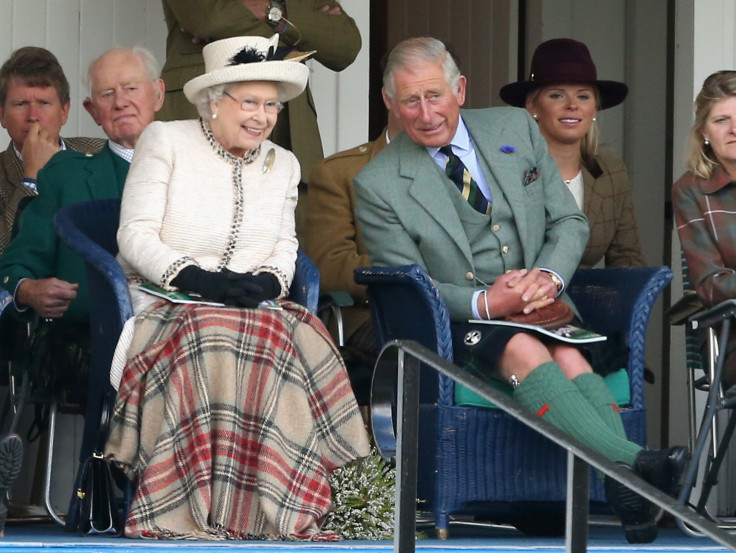Who Does The Queen Rule And Will The Next King Also Oversee The Commonwealth? Australia, Canada Future Uncertain

Since concerns emerged over the health of Queen Elizabeth II following her absence from church services on Christmas and New Year’s Day, much has been said about the impact of the 90-year-old’s eventual death on Great Britain. However, concern over the Queen’s recovery form a “heavy cold” will stretch far further afield than the United Kingdom.
After all, Elizabeth II, who has sat on the throne for a record 64 years, is also the head of state of 15 other countries. While the British Empire, which encompassed a quarter of the world’s surface and more than a quarter of its population at the end of the 19th century, came to an end in the mid-20th century, the Queen maintains a role overseas through the Commonwealth realms.
The Commonwealth of Nations, a voluntary cooperative association, encompasses 52 member states, with 16 of them, including the United Kingdom, opting to maintain the British monarch as its head of state as members of the Commonwealth Realm.
While he will automatically become head of state in the United Kingdom when his mother passes away, Prince Charles will not inherit the title of head of the Commonwealth. Indeed, there is enough uncertainty about whether the 52 members will vote on whether to make him their leader that the Queen has been working to try and ensure her son gets the position.
He will, however, inherit the role of ruling the 16 Commonwealth Realm states, which include Australia, Canada, Jamaica and New Zealand. Whether those countries want to be ruled by a "King Charles," though, is another matter and one that could impact the future of the Commonwealth.
In Canada, although more remain in favor of a constructional monarchy than against it, 63 percent said they would rather that Charles step aside and allow his son, Prince William, currently second in line to the throne, to take over from Elizabeth II, according to a poll from April 2016.
The results of surveys in Australia have conveyed a similar message. In a poll from November 2015, 51 percent indicated they would prefer an Australian head of state to a "King Charles."
Charles has already had to wait longer than any other first in line to the throne to become monarch. If and when he does take over he will be the oldest person ever to do so. But it appears many around the world want him to be skipped entirely.
© Copyright IBTimes 2025. All rights reserved.





















